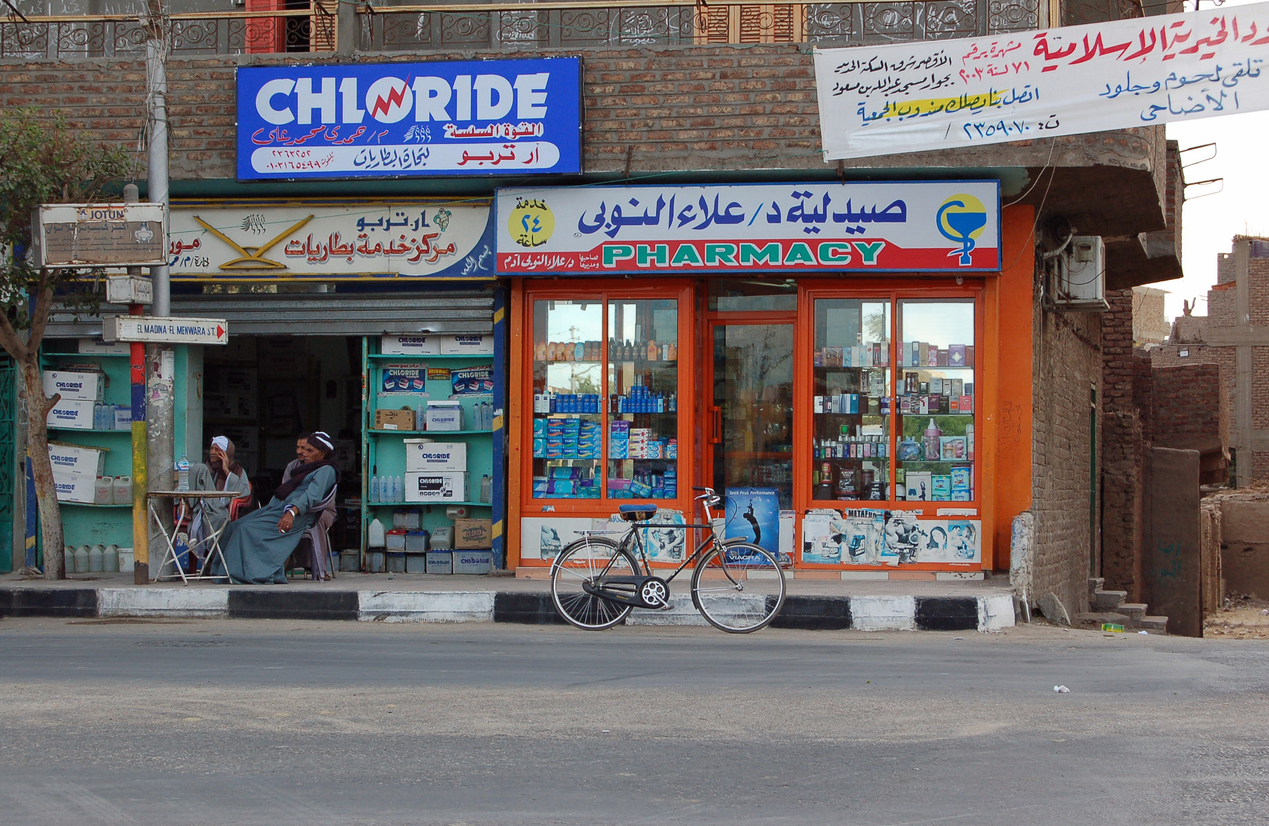
A survey of pharmacists from 19 Arab nations revealed a wide and concerning variation in knowledge, attitudes, and practice regarding the use of antibiotics and antimicrobial resistance (AMR), researchers reported last week in Antimicrobial Resistance and Infection Control.
Of the 3,100 pharmacists who received the survey, 2,833 (91.3%) completed it. Respondents were mostly male (57.4%), aged from 19 to 31 years (76.2%), and from community pharmacies (71.2%). Nearly half (45.7%) did not know antibiotics can be used for prevention, 33.3% didn't know that the wrong choice of antibiotics may promote resistance, and 34.2% didn't consider AMR to be a global problem. In addition, 41.2% had the wrong answer when asked whether antibiotics can help treat the common cold, cough, flu, or fever.
Regarding practice patterns, more than half (53.8%) said they do not consistently adhere to guidelines when dispensing antibiotics, 36.8% said they do not agree with policies of not dispensing antibiotics without a prescription, and 67.5% said that refusing to dispense antibiotics without a prescription would negatively affect sales and profits. Three quarters of respondents believed that community pharmacists had qualifications to prescribe antibiotics for suspected infections.
More education needed
The study authors say the findings highlight the need for governments in the region to develop and implement policies to change antibiotic dispensing practices and promote sensible antibiotic use among community pharmacists, who are primary sources of antibiotics intended for self-medication in the countries surveyed.
"Ultimately our discoveries underscore why enhancing education about responsible antibiotic use via awareness campaigns is vital to battling bacterial resistance levels that continue to rise within our communities," they wrote.

















